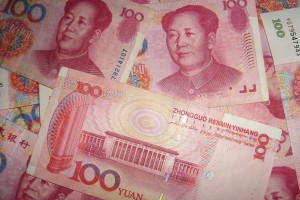
Spotlight
 By Venkatesh Raghavan
By Venkatesh Raghavan
The first ten months of 2020 has brought the alarm bells ringing for investors in Chinese firms that had so far enjoyed state support and were regarded as safe bets. Figures that were quoted from the official records placed the total debts at USD 6.1 billion worth in bonds. The figures cited were in accordance with the mention in Fitch Ratings. The debt market which happens to be the cheaper route than equities, has precipitated shock waves in the global financial circles.
Several market reports that cited the rating agency, named big companies like BMW’s Chinese partner, Brilliance Auto Group, Tsinghua Unigroup and Yongcheng Coal and Electricity. Some of these firms have raised their arms up declaring bankruptcy and the rest have severely defaulted on the repayment of their loans.
It must be noted that unlike in a democratic set up where the state would never risk taking off state support from a government-backed company for fear of losing popular support, China has no such compulsions. Consequently, the abrupt withdrawal of state support to these companies has set the amber lights blinking for the investors, who are now faced with a high risk proposition. In addition, this has also belied the expectations of investors that the Chinese state backing these firms is going to act as a safety net for ensuring to provide in case of rainy days.
The projected financial health of these defaulting firms has severely suffered due to withdrawal of state support. The parent company of German automaker, BMW’s joint venture partner, namely Huachen Automative Group Holdings Co. is also reported to have defaulted in the month of November according to media reports pouring in. Investors expressed their umbrage at not being informed well in time about the company’s bad financial health. It was October 2017, when this company launched its major divestment with a bang and reportedly enjoyed a AAA rating. Currently, Huachen has not only defaulted but is also faced with a court battle to resolve bankruptcy claims.
Analysts across rating agencies have given the cue that these rampant failures of these till recently state-backed companies might cause a spill over effect on the banking system. The local banks in China might be forced to turn more choosy about their lending options and they might also be forced to hike their interest rates to ensure a balancing act. The analysts were also of the opinion that any exercise in repairing or redeeming the financial crisis faced by these state-owned companies would be ill-advised to pursue.





